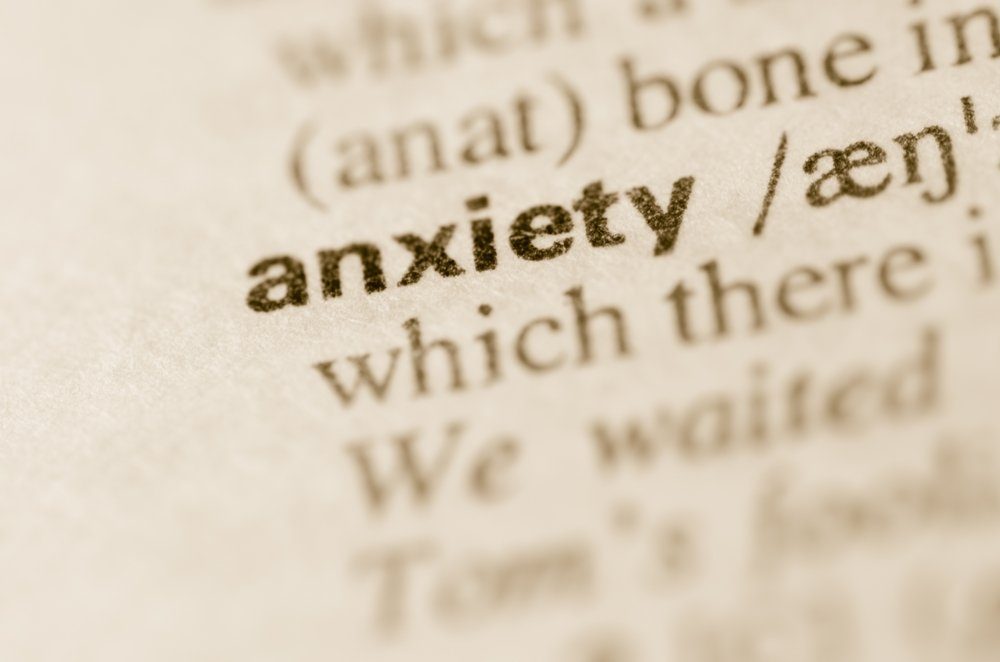Tips for Managing Stress When You Have FAP

Familial amyloid polyneuropathy (FAP) is a progressive disease caused by deposits of amyloid fibrils in nerve cells and organs. As a result, patients experience severe peripheral neuropathy, cardiac dysfunction, extreme weight loss, and muscle wasting, among other symptoms. These symptoms can cause a lot of stress for patients on a daily basis.
Chronic stress can be dangerous for people who experience peripheral neuropathy symptoms, including those with FAP. Research shows that it may adversely affect peripheral nerves, resulting in worsening of the numbness, burning, and tingling sensations caused by the condition.
Here are some tips to cope with stress if you are living with FAP.
Become knowledgeable about your disease
If you’ve received a diagnosis of FAP, it’s important to learn everything you can about your symptoms and what causes them. This can help avoid stress or panic. Many symptoms can be managed with proper care and treatment.
Speak with your healthcare team to find out more about your symptoms, results of any diagnostic tests you’ve taken, and possible therapeutic options. Clearing up any uncertainties can help give you peace of mind.
You can find information about ongoing FAP research on our website. Patient support organizations can also offer a wealth of information about the disease.
Stay connected
Spending time with a friend or relative in person or over the phone can also lower stress levels. It’s important to not isolate yourself. Friends and family form your greatest support system.
Get moving
Depending on your symptoms and disease stage, physiotherapy can improve movement and function, and reduce pain, which can also help manage stress. In addition, occupational therapy can help boost your independence. It can be combined with recreational therapy to make sure you socialize, thereby reducing stress and anxiety.
Try to remain positive
Staying calm and avoiding negative thoughts can help lessen stress. Maintain a positive outlook, engaging your mind in activities such as board games, reading, or crossword puzzles. Meditation and mindfulness are also great ways to reduce stress.
Mind your diet
Eating right can enhance your overall health, which promotes stress reduction. Because excessive weight loss is a symptom of FAP, speak with your physician about the best diet for you.
Breathe deeply
Breathing exercises may help you relax during times of increased stress. One exercise calls for you to breathe in deeply, holding each breath for a few seconds, then slowly breathing out for seven to 10 seconds. This exercise can help you relax your body and may help to slash the effects of anxiety-caused hyperventilation.
Get a massage
Massage therapy may help you relax and reduce the impact of peripheral neuropathy symptoms. Relaxing the body is an effective way to mitigate the effects of anxiety. However, your therapist or caregiver must understand your threshold for touch. The pressure applied may cause increased pain and essentially negate the potential benefits of massage therapy.
Last updated: Nov. 5, 2020
***
FAP News Today is strictly a news and information website about the disease. It does not provide medical advice, diagnosis, or treatment. This content is not intended to be a substitute for professional medical advice, diagnosis, or treatment. Always seek the advice of your physician or other qualified health providers with any questions you may have regarding a medical condition. Never disregard professional medical advice or delay in seeking it because of something you have read on this website.






